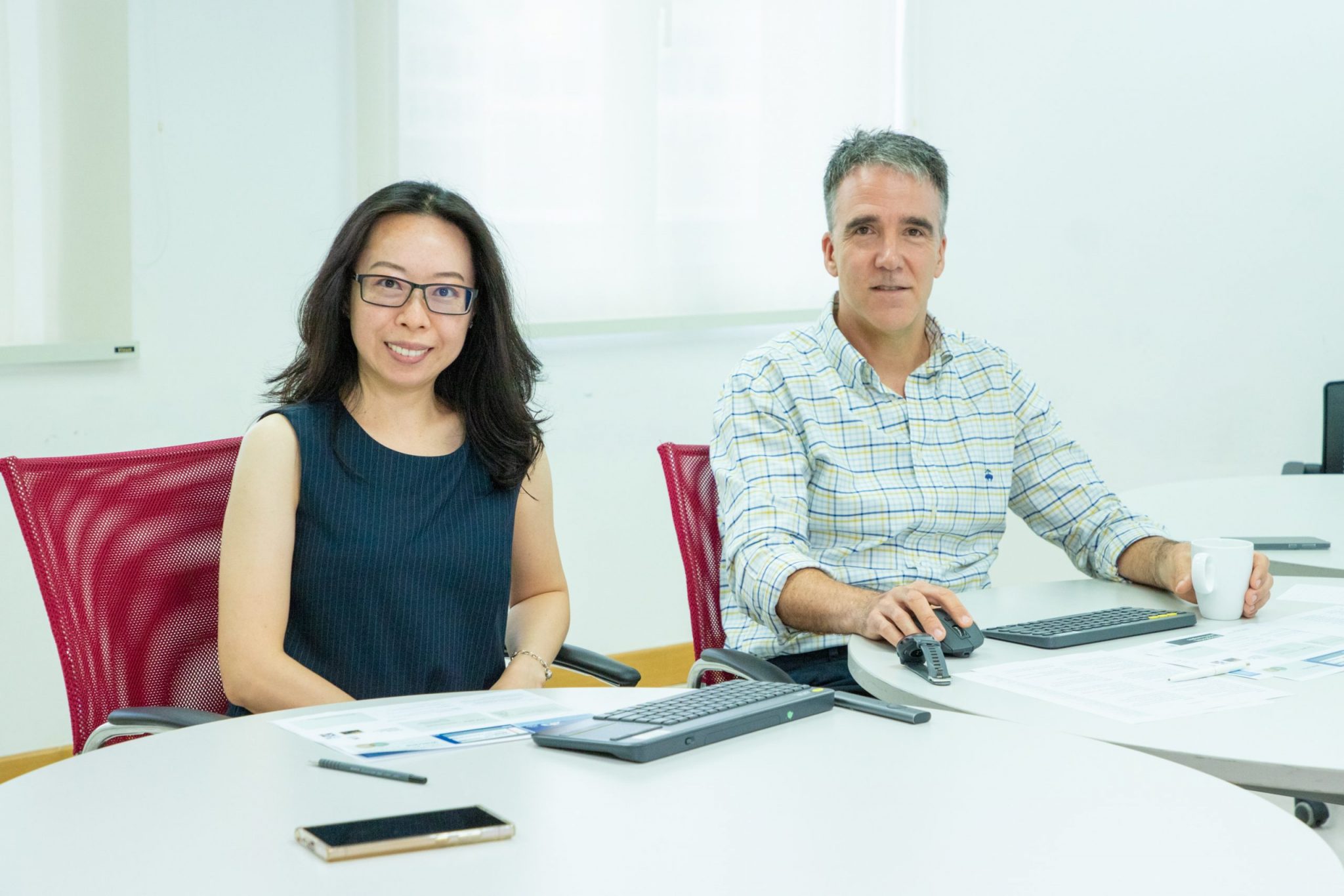On 13 August 2025, the Centre for Teaching and Learning Enhancement (CTLE) hosted an online faculty conversation on adapting assessment strategies in response to generative AI’s growing influence in education. Led by Prof. Katrine Wong (Director of CTLE) and Dr. Chris Fulton (E-Learning Technology Officer, CTLE), the session explored practical approaches for strengthening student learning through innovative assessment design.
An interactive poll revealed educators’ primary concerns, including maintaining fairness in evaluating submissions, identifying lack of critical thinking, and determining whether students are truly learning or merely rephrasing prompts for AI.
The conversation addressed a pressing challenge: maintaining academic integrity and ensuring authentic learning in the age of AI. As Prof. Wong noted, the focus has shifted from “Should we use AI?” to “How can we redesign assessments to better assess student learning?”
Dr. Fulton summarized the session’s core message: educators may benefit from refocusing on what they’re trying to assess and ensure students are learning useful skills. This approach, he emphasized, can involve documenting the process of learning rather than just evaluating final products.
Key Takeaways
- Move from assessment of learning (final products) to assessment for learning (providing feedback through process-oriented approaches)
- View cheating as “a symptom of disengagement, not the real problem” – focus instead on authentic learning that is personally, professionally, and socially relevant to students
Assessment Strategies Discussed
Prof. Wong and Dr. Fulton highlighted several strategies that encourage meaningful engagement:
- Project-Based and Problem-Based Assessment
- Low-/No-Stakes Formative Assessment
- Portfolio-Based and Reflective Assessment
Faculty Experiences
Dr. Alice Lee (FAH) shared her “21 Day Challenge” where students documented learning a self-chosen skill. She reported unprecedented engagement: “Students were asking questions before Q&A time, interrupting because they were so interested.”
Dr. Elizabeth Tsang (FED) emphasized teaching students “thinking methods, problem-solving, and attitudes toward facing failure” while balancing time investment with student needs.
Prof. Wong discussed using adaptation studies and critical analysis of AI-generated materials in literature courses, stressing the importance of detailed scaffolding.
Practical Tips
- Start small before redesigning entire courses
- Incorporate AI use declaration into assessment rubrics
- Use staged questions to structure portfolio work
- Request students’ best work rather than entire portfolios
- Provide clear rubrics for process-based assessments
Prof. Wong reminded faculty about UM’s guidelines requiring students to declare generative AI use for research, content generation, or proofreading.
Looking Forward
The session concluded with Prof. Wong remarking that humanities and human skills are often recognized as crucial to AI’s future development by leading AI and data science organizations.
(Slides and a video recording are available)
Visit ctle.um.edu.mo for more resources and upcoming professional development events.


Leave A Comment
You must be logged in to post a comment.